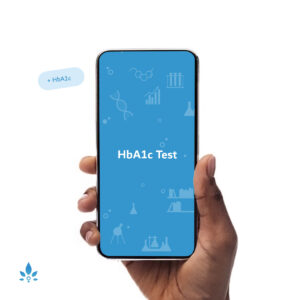What is Prader-Willi Syndrome?


Prader-Willi syndrome (PWS) is a rare genetic disorder present at birth that results in a number of physical, mental, and behavioral problems, most notably a constant sense of hunger that usually begins at about 2 years of age. PWS is the most common known genetic cause of life-threatening obesity in children and occurs in males and females equally, affecting approximately 1 in 15,000 children. The genetic abnormality rests on the 15th chromosome and is spontaneous, meaning that it is not passed down from generation to generation.
At birth, babies with PWS typically have low birth weight, hypotonia (weak muscles), and difficulty sucking, which can result in a failure to thrive. Those with PWS also have distinctive facial features (such as a narrow forehead, almond-shaped eyes, and a triangular mouth), short stature, and small hands and feet. Some people with Prader-Willi syndrome have unusually fair skin and light-colored hair. Nevertheless, identification at birth can be difficult based on appearance and tone alone.
As a child with PWS gets older, he or she will typically continue to have low muscle tone, short stature, incomplete sexual development, and a chronic feeling of hunger (hyperphagia) that can lead to excessive eating and life-threatening obesity. Type 2 diabetes is a common problem in people with Prader-Willi.
Intellectual impairment and learning disabilities are the norms for children with PWS, but it’s their behavior issues that become most challenging. Fierce temper outbursts, stubbornness, and compulsive behavior often regarding food can be challenging for those caring for PWS kids. Intensive behavioral therapy and close monitoring of diet are necessary to maintain a healthy weight and maintain peace in their homes.
Because PWS is a genetic condition, there is no cure, and the condition continues for the life of the child. Treatment is aimed at reducing the other conditions and symptoms associated with PWS. Children with PWS must be under constant supervision to keep them from overeating. Growth hormones and exercise can help increase adult height, build muscle mass, and control weight. Type 2 diabetes is controlled with diet and medication, and complications of obesity are treated if they arise. Infertility is life-long even with hormone therapy. Most people with PWS will need specialized care for their entire lives.
Sources:
- Prader-Willi Syndrome Association
- What is Prader-Willi Syndrome?
National Institutes of Health - Prader-Willi Syndrome.
Mayo Clinic - Prader-Willi Syndrome.
Powered by Bundoo®













































